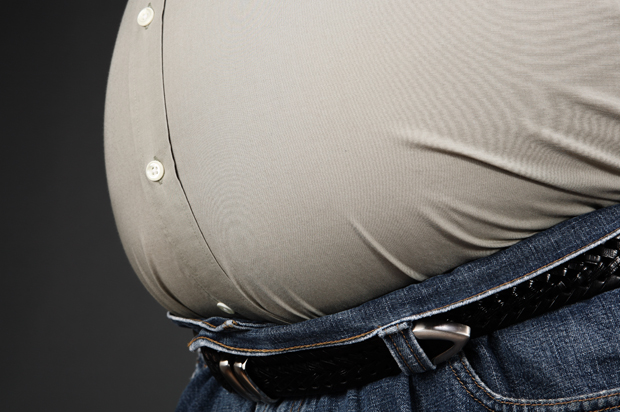Zero-calorie sweeteners may affect our gut microbes, and therefore blood sugar levels, according to a new study published on Wednesday in the journal Nature.
Results from research at the Weizmann Institute of Health in Israel “suggest that in a subset of individuals, artificial sweeteners may affect the composition and function of the gut microbiome,” according to immunologist Eran Elinav, who co-authored the study.
This is significant because the gut microbes were changed in a way that could lead to high blood sugar, and when blood sugar is high, bodies store the sugar as fat, the Verge reports.
For some, it turns out, these sugar substitutes — Splenda, Sweet ‘N Low and others — which are often used by calorie-conscious folks, many not be so healthy.
Elinav and his team tested the effects of aspartame, sucralose, saccharin on mice. What they found was that mice who ingested the sweeteners had higher blood sugar than mice who ingested regular sugar. But what was unclear was why. The team, according to the Verge, set out to see if microbes in the gut had anything to do with this spike in blood sugar. The Verge explains:
“In one, they gave antibiotics to mice who had been fed sweeteners regularly. Antibiotics kill gut bacteria, and when these mice had their microbial guests cleaned out, their blood sugar levels went back to normal. In another experiment, the scientists transplanted feces — a rich source of gut microbes — from sweetener-fed mice into rodents that had never consumed artificial sweeteners. The procedure caused the recipient mice to experience oddly high blood glucose, like the mice in the sweetener group. Finally, Elinav and his colleagues used genetic analysis to reveal that alterations in the composition of microbial colonies were also accompanied by changes in bacterial function — changes that could very well explain why the mice were experiencing such high blood sugar.”
But what about humans? In another experiment Elinav and his team tested the bacteria and blood sugar of 381 humans. What they found was not surprising; according to the Verge’s Arielle Duhaime-Ross, “people who consumed sweeteners in large quantities also showed disturbances in several metabolic parameters — including increased weight — as well as distinct microbial changes in their guts.”
A smaller study also showed alterations to blood sugar and gut microbes.
Not everyone is convinced by the study, and its methods. Stanford food scientist Christopher Gardner took issue with the experiment using the FDA’s recommended max of saccharine, telling the Verge that was the equivalent of feeding 8.5 packets of Sweet N’ Low to a 150-pound person.
Regardless, this study could help people make healthier choices. Susan Swithers, a researcher from Perdue University not involved in the study, said, “People need to be much more mindful of what they are eating and drinking and make efforts to avoid products that have added sweeteners in any form.”

